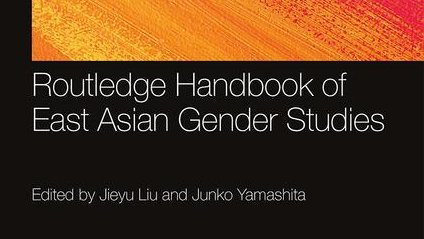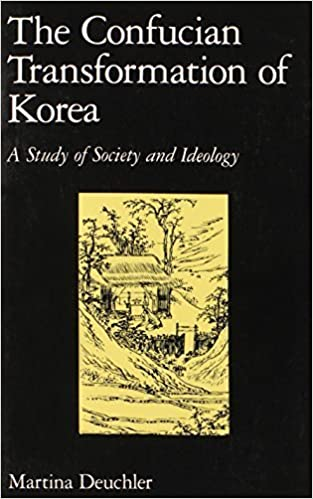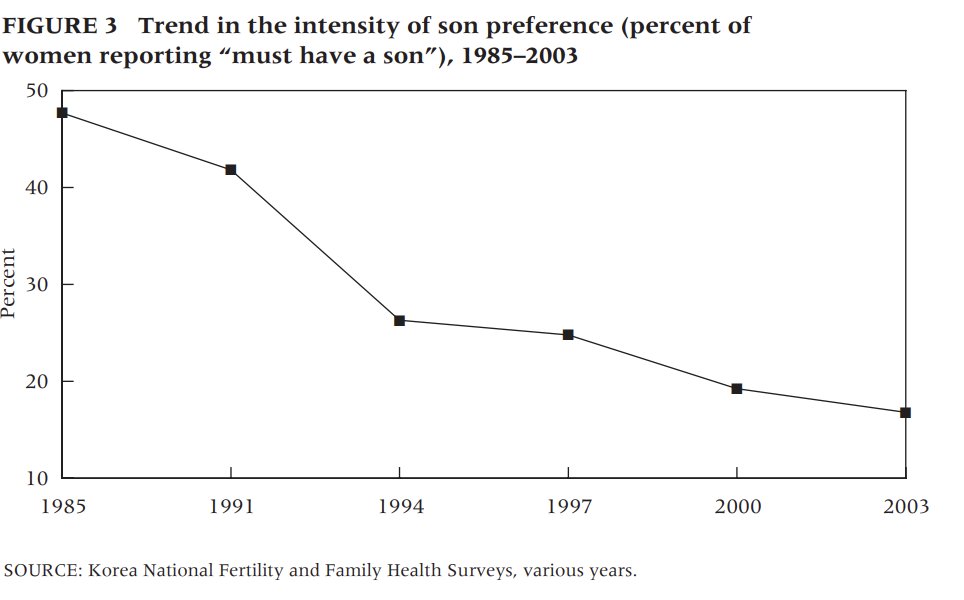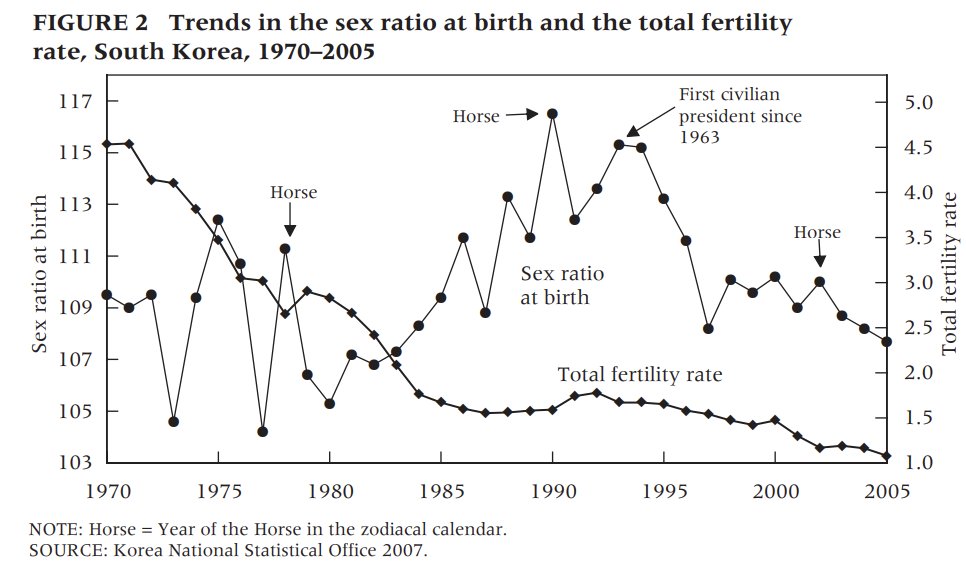How have gender relations changed over the past 200 years in China, Japan, Korea, & Taiwan?
If you were going to read just one book on the region, I strongly recommend this Handbook
TRULY TERRIFIC! Extremely comprehensive!
If you were going to read just one book on the region, I strongly recommend this Handbook

TRULY TERRIFIC! Extremely comprehensive!
OK, so we all know that East Asia is patrilineal.
Sons inherit assets, continue the lineage, & worship ancestors. Preference for sons skews sex ratios.
But I only just learnt that this is a modern phenomenon!
Before Confucianism, Japan & Korea practised BILATERAL DESCENT!??!
Sons inherit assets, continue the lineage, & worship ancestors. Preference for sons skews sex ratios.
But I only just learnt that this is a modern phenomenon!
Before Confucianism, Japan & Korea practised BILATERAL DESCENT!??!
So that really is a Kuznets curve of gender inequality!
Pre-modern: women inherit
Confucianism turns women into appendages. Families prefer sons. As they reduce fertility (80s), they abort girls
But industrialisation & urbanisation raise women's status
https://www.researchgate.net/profile/Monica_Das_Gupta/publication/4917046_The_Decline_of_Son_Preference_in_South_Korea_The_Roles_of_Development_and_Public_Policy/links/5d113dcc299bf1547c7c6477/The-Decline-of-Son-Preference-in-South-Korea-The-Roles-of-Development-and-Public-Policy.pdf
Pre-modern: women inherit
Confucianism turns women into appendages. Families prefer sons. As they reduce fertility (80s), they abort girls
But industrialisation & urbanisation raise women's status
https://www.researchgate.net/profile/Monica_Das_Gupta/publication/4917046_The_Decline_of_Son_Preference_in_South_Korea_The_Roles_of_Development_and_Public_Policy/links/5d113dcc299bf1547c7c6477/The-Decline-of-Son-Preference-in-South-Korea-The-Roles-of-Development-and-Public-Policy.pdf
It partly depends on demand for labour
For matrilineal Bemba moving to the Copperbelt, mining was male dominated, so women became marginalised.
But with labour intensive industrialisation in the USSR & East Asia, women slowly gained economic autonomy
https://twitter.com/rmendez86/status/1274087593362292739?s=21 https://twitter.com/rmendez86/status/1274087593362292739
For matrilineal Bemba moving to the Copperbelt, mining was male dominated, so women became marginalised.
But with labour intensive industrialisation in the USSR & East Asia, women slowly gained economic autonomy
https://twitter.com/rmendez86/status/1274087593362292739?s=21 https://twitter.com/rmendez86/status/1274087593362292739
Pre-colonialism, matrilineal Bemba practised slash & burn. They valued wealth in people.
So welcomed women back after divorce as she could increase the lineage with a new husband.
Women were econ. important, protected & gained status with age, becoming revered for their wisdom
So welcomed women back after divorce as she could increase the lineage with a new husband.
Women were econ. important, protected & gained status with age, becoming revered for their wisdom
So not all rural societies are patriarchal.
Nor does industrialisation always increase female employment.
If male led unions are strong, in more democratic countries, they may organise to keep women out.
But in authoritarian East Asia, industrialisation increased FLFP.
Nor does industrialisation always increase female employment.
If male led unions are strong, in more democratic countries, they may organise to keep women out.
But in authoritarian East Asia, industrialisation increased FLFP.

 Read on Twitter
Read on Twitter






